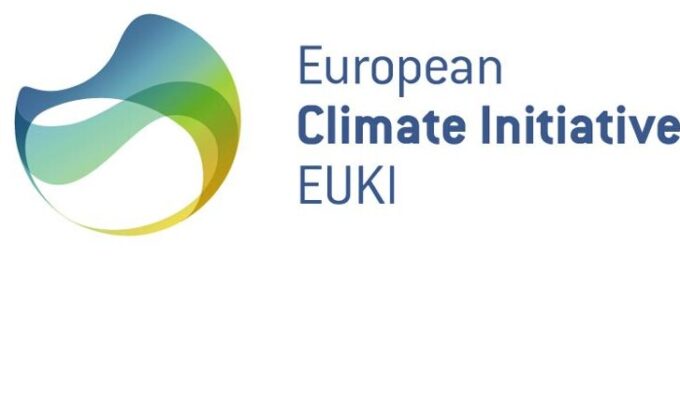



PhD in Economics. Her research interests include sustainable development, the functioning of energy markets and the evaluation of energy policy instruments. She has carried out research projects for international institutions and local governments. At the Institute for Structural Research, he focuses on the economic and social consequences of the energy transition. In his spare time, he enjoys listening to jazz, playing the piano, reading and skiing.



